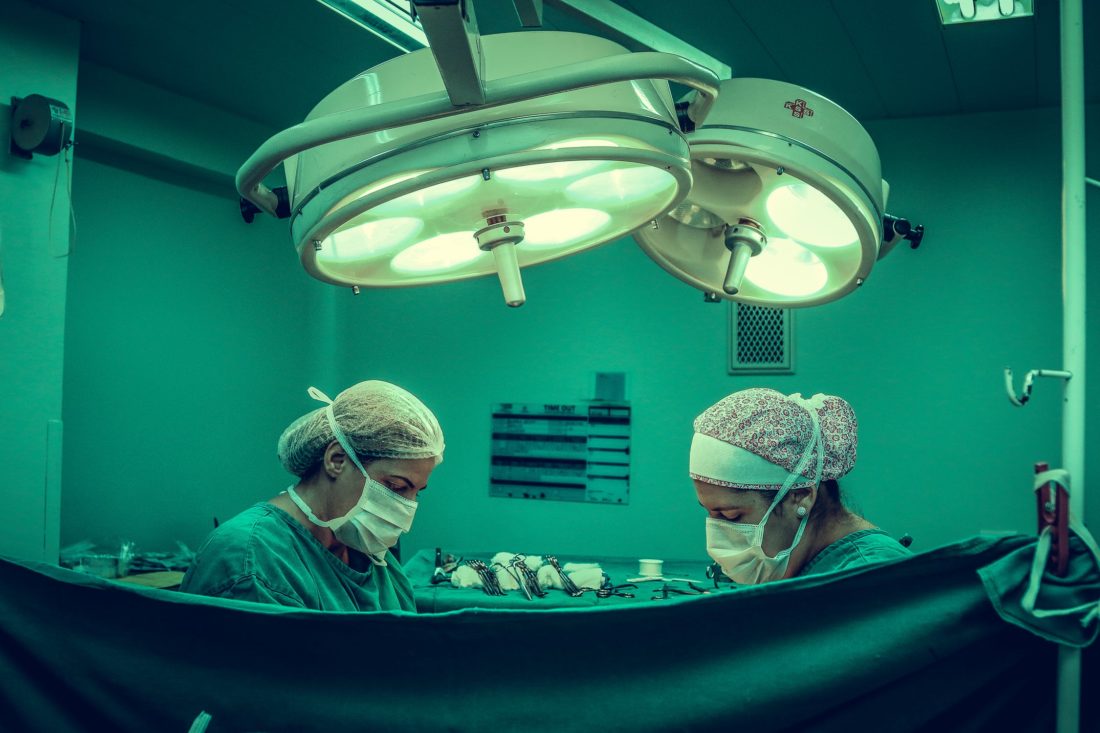
At some point in time, everyone has considered the possibility of cosmetic surgery. Even the most beautiful people on the planet are not 100% comfortable with their appearance. However, there are many different aspects to take into account before deciding if going under the knife is right for you. Below is a quick rundown of the advantages and disadvantages of cosmetic surgery.
The advantages
Correct those imperfections
It goes without saying, but the number one reason anyone decides to undergo cosmetic surgery is to improve their appearance. While people will do this to buff out any perceived minor imperfections, others will tackle major concerns that have been seriously impacting their health – both physically and mentally. The latter could include the likes of getting a new head of hair or veneers.
As touched upon, certain cosmetic surgery procedures can improve your physical health. Liposuction is the most well-known, as the removal of excess weight allows patients to increase their physical activity. However, even rhinoplasty – nose reshaping – can help in that regard. Not only does it enhance the shape of your nose, but the change could also correct respiratory issues at the same time.
Mental health boost
Appearance is one way that can seriously impact someone’s confidence levels. A lack of confidence can then extend to negatively influence other facets of mental health.
With that in mind, if you fix and adjust your appearance to fit your wishes, it will work wonders for your mental health. Insecurity about that crooked nose or missing teeth is a thing of the past. Now you can go out, socialize, and enjoy that improved self-esteem without worrying about those imperfections bringing you down.
Long-term results
In most cases, cosmetic surgery is a permanent solution. This means instead of constantly covering problems up with a temporary fix, the issue is solved. There’s no need to worry about those undesired imperfections returning. With that said, it’s important to look after yourself following any procedure. Do this, and it will help further expand the lifespan of any form of cosmetic surgery.
Not as painful as you think
The general preconception is cosmetic surgery hurts. While it is true that these procedures are not painless, the level of discomfort is often overstated. Thanks to the constant advancements in technology, those pain levels have been brought down constantly over the years.
The disadvantages
It’s not cheap
The price of cosmetic surgery is arguably the biggest stumbling block for people. It’s not cheap. The cost of cosmetic surgery is why it is not easily accessible to the general public, and why it’s not prevalent through society.
However, the expense can be lessened in various ways. One such method is by going with cosmetic tourism. As seen by the cheap hair transplant package offered by GetHair, you can travel abroad and receive a cosmetic procedure at a cut-price deal – and without sacrificing on quality.
Addiction is a concern
Cosmetic surgery can work wonders, but there is a cutoff point before it begins to turn into a negative. Sadly, patients can become addicted to going under the knife, and this might destroy both their mental and physical health. Body Dysmorphic Disorder (BDD), where people forever find flaws in their appearance, can be developed following cosmetic treatments. Multiple surgeries can also permanently damage the skin and muscles of an individual.
It’s not foolproof
As much as you dream about how cosmetic surgery can improve your looks, the reality might never match expectations. It’s not uncommon for people to receive adjustments to their face or body, look in the mirror, and begin to regret their decision.
In addition to this, choosing the right surgeon is also vital. If you decide to go with a clinic simply because it offers the cheapest treatments, you could be paying for it later on. Remember, these are permanent changes. Make sure to do diligent research before settling on a cosmetic surgeon.
Time needed for recovery
Depending on the type of procedure, you could be sitting on the shelf for quite some time before getting back to normal day-to-day life. Following surgery, recovery periods can last upwards of three weeks in total. This is especially off-putting for individuals who cannot take a substantial amount of time off work.
Following the initial recovery period, certain procedures even require regular check-ups and touch-ups. All in all, you could be receiving treatment for a year (or longer) before those trips to the clinic stop.